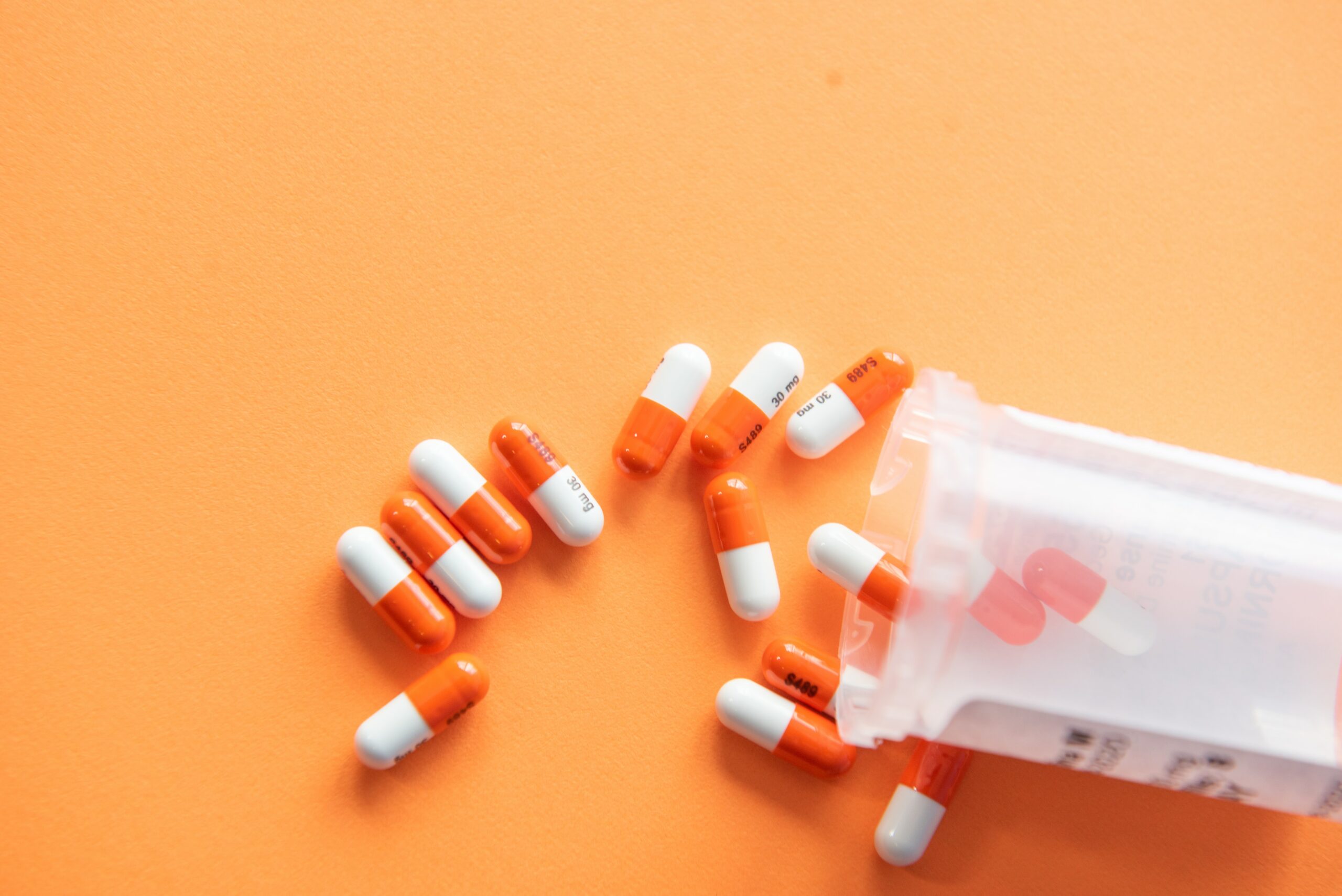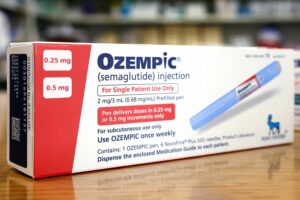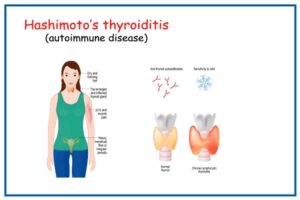What if the secret to ADHD isn’t just in the pills… but in our plates?
For the longest time, we’ve thought that ADHD was just about distractions and a short attention span. Well, new insights are here to mix up that cocktail!
I recently stumbled upon a study that gave the old “ADHD narrative” quite a shake. You know the usual story: “If Jimmy can’t focus, give him a pill.”
According to the research: Food Matters.
Nutritional deficiencies from a “Western” diet, food insecurity, artificial food additives and dyes, and food sensitivities and allergies have been implicated in ADHD. Yep, some ADHD symptoms might be tied to what’s on our plates.
A research review identified that a poor diet can significantly worsen ADHD symptoms in 17 of 23 controlled studies.
Also, gluten-free diets aren’t just the latest brunch trend. From the 1950s, doctors linked pasta parties with mood swings. Gluten issues, like celiac disease (CD) and non-celiac gluten sensitivity (NCGS), can be sneaky culprits behind ADHD symptoms.
The verdict’s still baking, but some researchers such as Drs. Neiderhofer and Pittschieler found that ADHD symptoms got better with gluten-free diets.
So next time you’re wondering about that extra slice of sourdough, remember, our bread choices might just be the yeast of our problems. 😉
Pill Talk: Meds do wonders for many. But for some, it’s like fitting a square peg into a round hole. It might be time to explore other avenues, like Omega-3 and Vitamin B6. (No, they’re not just fancy numbers and letters).
When studying ADHD, many researchers look at certain fats and minerals like magnesium, zinc, and iron. But there are a lot of other tiny nutrients that haven’t been studied as much. The list includes:
Carnitine
Vitamin D
Iodine
Gingko Biloba
PEA (phenylethylamine)
Supplements might be worth considering if you want to avoid some of these side effects from amphetamine-based drugs such as Ritalin, Adderall, or Concerta:
Insomnia or other sleep disturbances
Decreased appetite
Increased heart rate or blood pressure
Nervousness or anxiety
Dry mouth
Upset stomach or nausea
Headaches
Sweating and dehydration
If any of the above has been helpful and you want to explore further, feel free to shoot me an email. My team and I treat ADHD patients regularly and have great results.
Chat soon 🙂
Marko
P.S. When you’re ready, you can book a 30-minute health assessment with me or my team at no cost and no obligation. We’ll ask some questions about your health and make recommendations on how to improve it. Just click the button below to book your spot.



